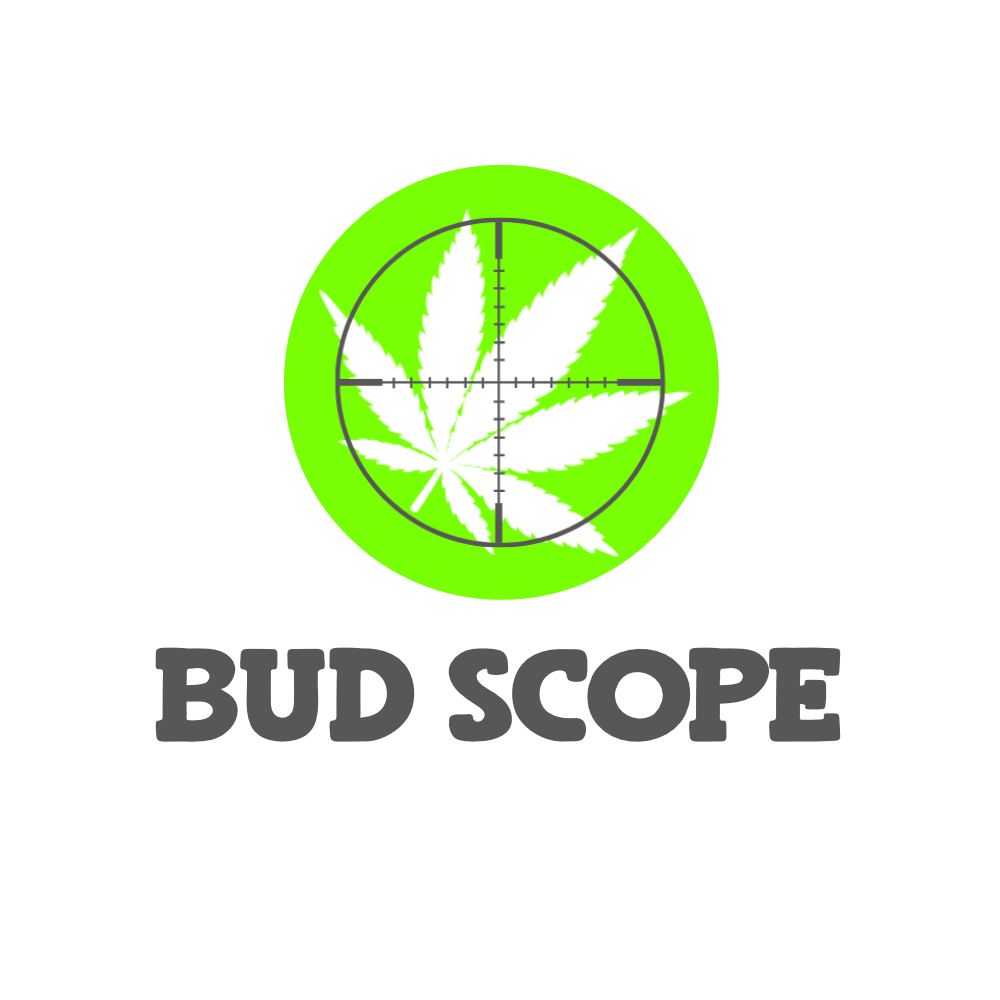Tags: Cannabis Compounds
Medical Uses of Cannabidiol:
- CBD is a phytocannabinoid found in cannabis plants.
- Clinical research on CBD includes studies on anxiety, addiction, psychosis, movement disorders, and pain.
- CBD is sold as a dietary supplement with unproven therapeutic claims.
- Limited evidence of neurological effects of CBD in humans.
- FDA approves Epidiolex for epilepsy treatment.
- Studies show Epidiolex is effective for treating epilepsy.
- Research on other neurological disorders is inconclusive.
- FDA warns about unknown effects of CBD during pregnancy and breastfeeding.
Non-Intoxicating Effects and Side Effects of CBD:
- CBD does not produce psychoactive effects like THC.
- CBD under research for anti-anxiety and anti-psychotic effects.
- Common side effects of CBD include tiredness, sedation, and changes in appetite.
- FDA expresses concerns about CBD safety, including liver injury.
- Increase in CBD-induced illness reports to poison control centers.
- FDA warns about potential harm to the male reproductive system from CBD.
Research and Interactions of Cannabidiol:
- Federal illegality in the U.S. has hindered CBD research.
- CBD may reduce adverse effects of THC at high doses.
- Laboratory evidence suggests CBD may increase THC availability to receptors.
- CBD inhibits voltage-dependent sodium and potassium channels affecting neural activity.
- CBD partially inhibits the hydroxylation of THC in a clinical trial.
- CBD decreases clobazam metabolism and inhibits certain liver enzymes.
Veterinary Medicine and Pharmacokinetics of CBD:
- Surge in research on CBD and cannabinoids in pets.
- Limited controlled studies show no significant decrease in seizures with CBD in dogs.
- CBD oral bioavailability varies across species.
- Dogs absorb cannabidiolic acid (CBDA) better than CBD post oral ingestion.
- CBD metabolites differ in humans and dogs.
- CBD acts on various receptors and channels in the body.
Legal Status and Regulations of Cannabidiol:
- Australia, Canada, New Zealand, and Sweden allow the medical use of CBD.
- Various regulations exist in different countries regarding the sale and use of CBD products.
- CBD and other cannabinoids classified as novel foods by the European Commission in 2019.
- Hong Kong proposed a complete ban on cannabidiol in 2022.
- Legal ambiguity regarding CBD in countries like the Czech Republic, Russia, and Singapore.
Cannabidiol Data Sources
| Reference | URL |
|---|---|
| Glossary | https:/glossary/cannabidiol |
| Wikipedia | https://en.wikipedia.org/wiki/Cannabidiol |
| Wikidata | https://www.wikidata.org/wiki/Q422917 |
| Knowledge Graph | https://www.google.com/search?kgmid=/m/04klcx |
| DBPedia | http://dbpedia.org/resource/Cannabidiol |
| Product Ontology | http://www.productontology.org/id/Cannabidiol |
